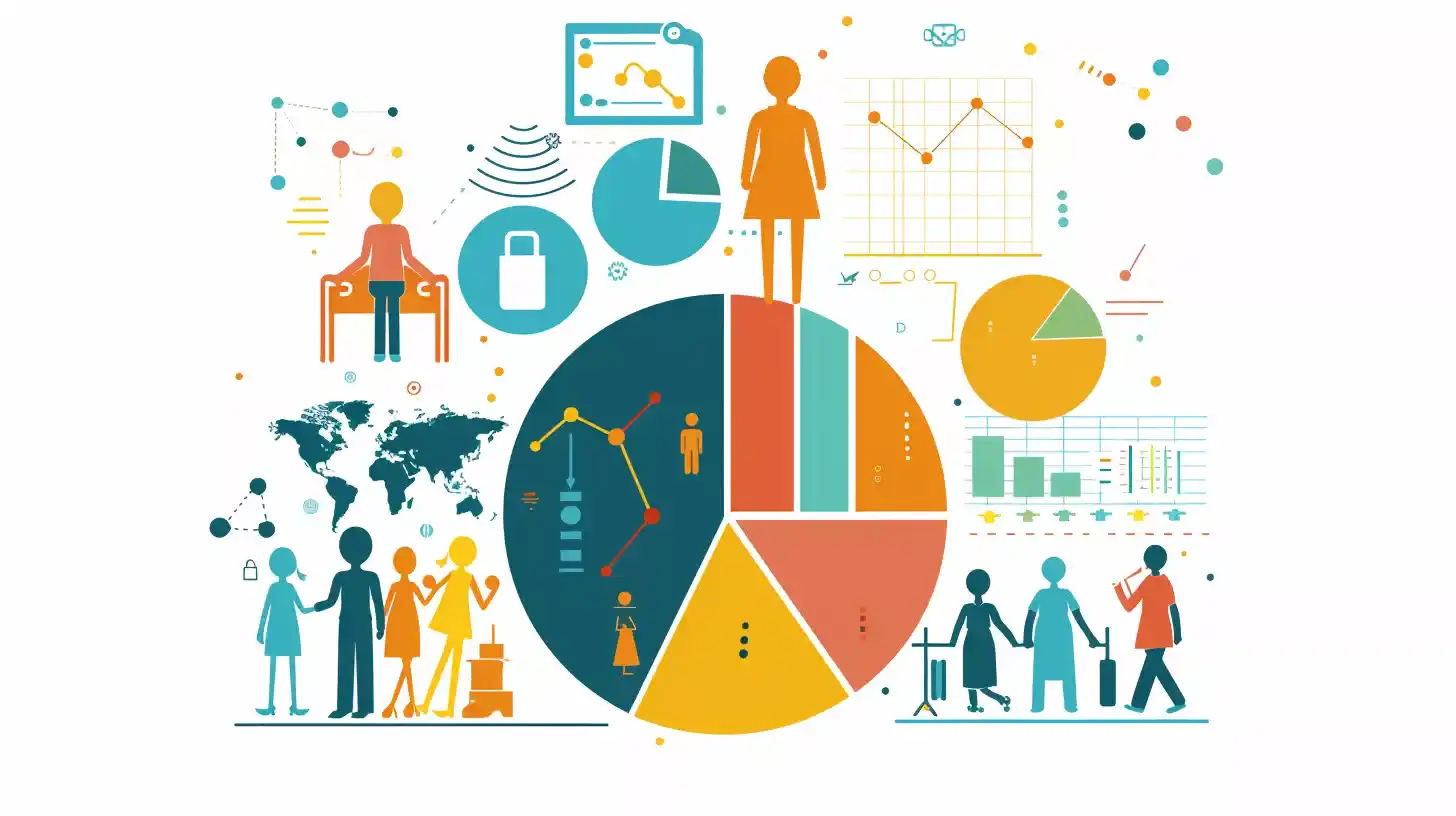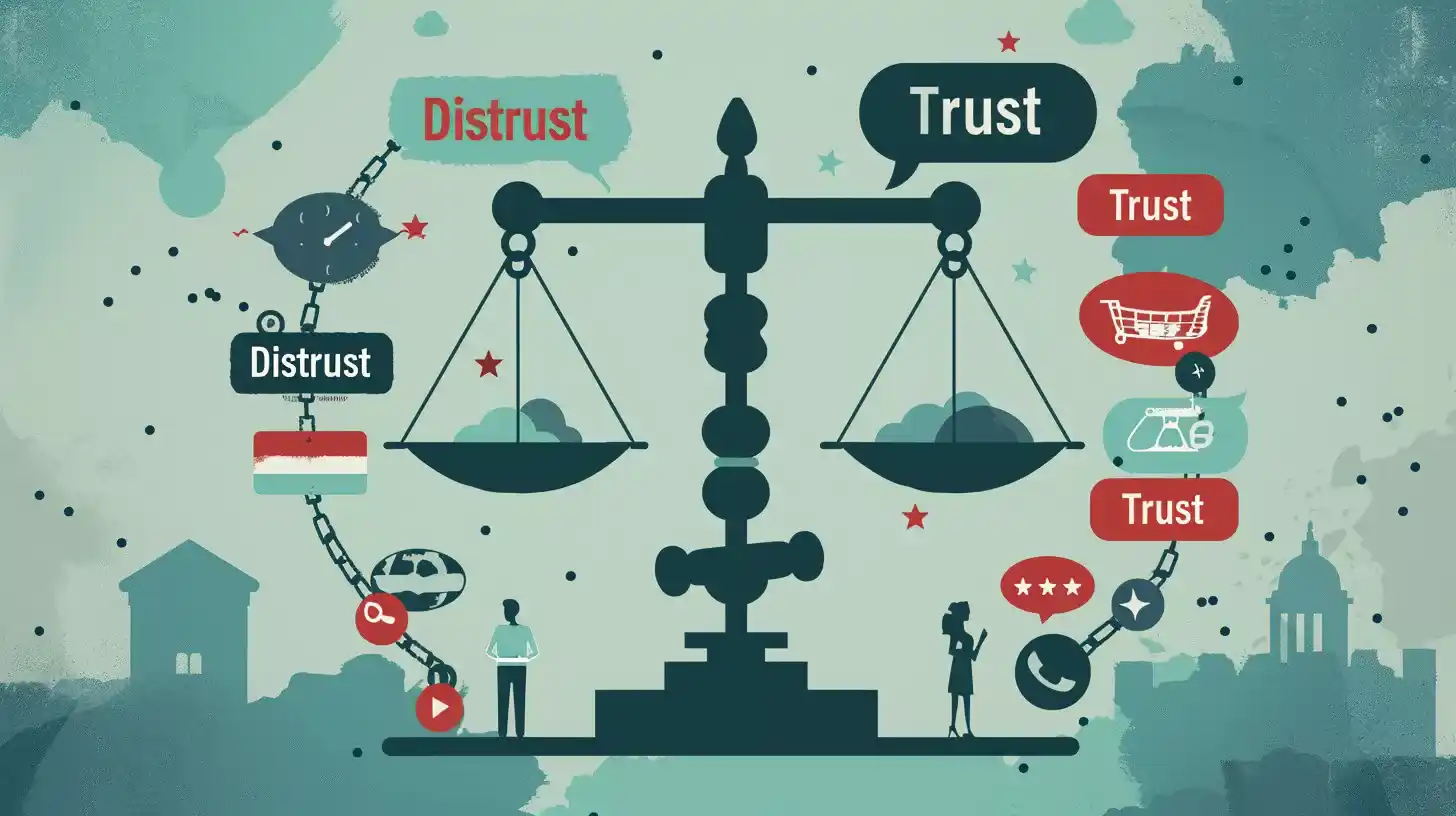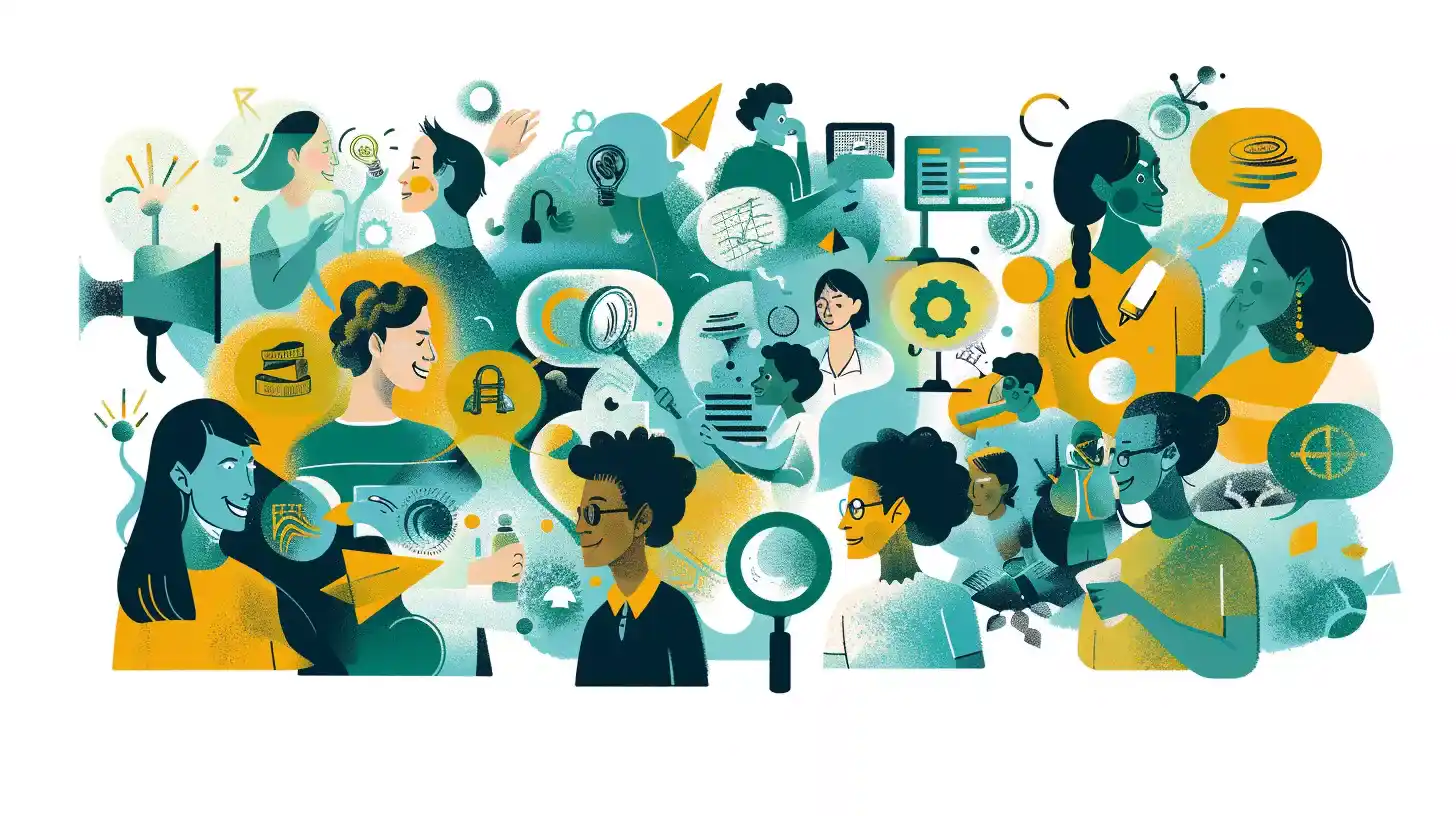Table of Contents
Americans ChatGPT: In the realm of AI and technology, ChatGPT has carved out a significant presence since its public debut over a year ago, sparking curiosity and engagement across the tech landscape. Recent findings from a Pew Research Center survey conducted in February reveal a notable uptick in Americans’ interaction with the chatbot, with 23% of U.S. adults reporting having used it at some point, compared to 18% in July 2023.
Growing Adoption Across Demographics
Differences by Age
The survey highlights distinctive patterns across age groups. Notably, 43% of young adults under 30 have embraced Americans ChatGPT, marking a 10-percentage-point increase since last summer. While utilization has also risen among those aged 30 to 49 and 50 to 64, individuals over 65 show considerably lower adoption rates, with just 6% having utilized the technology.
Differences by Education
Furthermore, highly educated individuals emerge as the primary users, with 37% of those holding postgraduate degrees having engaged with Americans ChatGPT. This figure reflects an 8-point surge since July 2023, demonstrating a growing affinity for the chatbot among this demographic.

Diverse Usage Patterns
Work, Learning, and Entertainment
Since March 2023, the survey has tracked three key reasons for engaging with Americans ChatGPT: work-related tasks, learning endeavors, and entertainment purposes. Notably, the proportion of employed Americans leveraging ChatGPT for work-related tasks surged from 8% in March 2023 to 20% by February 2024, indicating a doubling of usage within this context.
Age and Usage Trends
While the adoption of Americans ChatGPT across age groups has generally increased, nuanced differences persist. For instance, young adults under 30 exhibit higher rates of using ChatGPT for both work-related tasks and learning endeavors compared to older age cohorts. Additionally, individuals under 50 demonstrate a greater inclination towards using Americans ChatGPT for entertainment purposes than their older counterparts.
Trust Dynamics and Political Discourse
Trust in Election Information

Despite the growing utilization of Americans ChatGPT, public trust in the information it provides regarding the 2024 U.S. presidential election remains tepid. A substantial 38% of Americans express distrust in Americans ChatGPT election-related information, with only 2% indicating a high level of trust. Notably, distrust transcends political affiliations, with both Republicans and Democrats harboring skepticism towards ChatGPT’s election-related insights.
Limited Utilization of Election Information
Interestingly, despite concerns about misinformation, only a marginal proportion of adults have sought election-related information through Americans ChatGPT. Merely 2% of adults report using the chatbot for this purpose, reflecting a significant disparity between engagement with the technology and its application within the realm of politics.
Addressing Americans ChatGPT Misinformation Concerns
These findings come amidst a broader discourse surrounding chatbots and misinformation, particularly in the lead-up to the 2024 election. Tech companies have pledged to combat the misuse of AI, including chatbots, in electoral contexts. However, reports suggest that chatbots themselves may propagate misleading information, underscoring the importance of vigilant oversight and accountability measures.
Nurturing Public Trust and Awareness
Education and Awareness Initiatives
In light of these challenges, concerted efforts are needed to enhance public awareness and digital literacy regarding AI technologies like Americans ChatGPT. Education initiatives aimed at elucidating the capabilities, limitations, and potential biases of chatbots can empower individuals to critically evaluate the information they receive.
Transparency and Accountability Measures

Furthermore, fostering transparency and accountability within the development and deployment of AI systems is essential. This includes ensuring clear disclosure of the sources and methodologies underpinning Americans’ ChatGPT responses, as well as mechanisms for addressing instances of misinformation or algorithmic bias.
Leveraging ChatGPT for Positive Impact
Despite the prevailing concerns, ChatGPT also presents opportunities for positive societal impact. Its utility in facilitating learning, streamlining work processes, and providing entertainment underscores its potential as a tool for productivity and enrichment.
Ethical Guidelines and Responsible Use
Adhering to ethical guidelines and principles of responsible AI use can maximize the benefits of ChatGPT while mitigating potential harms. This entails safeguarding user privacy, preventing the dissemination of harmful or misleading information, and promoting inclusivity and diversity in AI development.
Collaborative Efforts for Ethical AI
Moreover, fostering collaboration among stakeholders—including tech companies, policymakers, researchers, and civil society organizations—is crucial for advancing ethical AI practices. By collectively addressing the complex ethical, social, and legal implications of AI technologies like ChatGPT, we can strive towards a more equitable and trustworthy digital future.
Conclusion: Navigating the Evolving Landscape of AI
In an era defined by rapid technological advancement, the proliferation of AI technologies like ChatGPT heralds both promise and peril. While these tools hold immense potential to enhance productivity, foster innovation, and augment human capabilities, they also pose significant ethical, societal, and regulatory challenges.
As we navigate this evolving landscape, it is imperative to strike a balance between innovation and accountability, harnessing the transformative potential of AI while safeguarding against unintended consequences. By fostering transparency, accountability, and responsible stewardship of AI technologies, we can harness their benefits while mitigating their risks, ultimately shaping a future where AI serves as a force for good.
In essence, the trajectory of ChatGPT and similar AI innovations hinges not only on technological advancements but also on our collective commitment to ethical principles, democratic values, and the well-being of society at large. As we continue to grapple with the complex interplay between AI and society, it is incumbent upon us to tread thoughtfully, collaboratively, and ethically into the digital frontier.